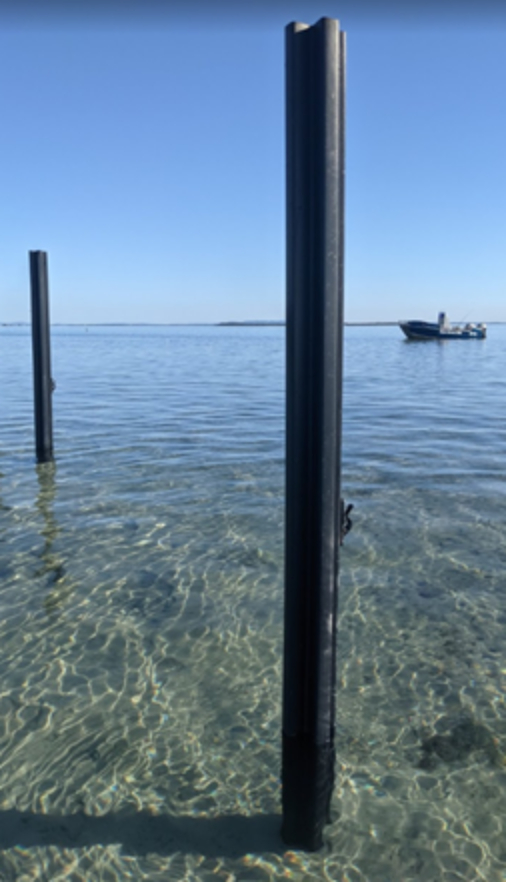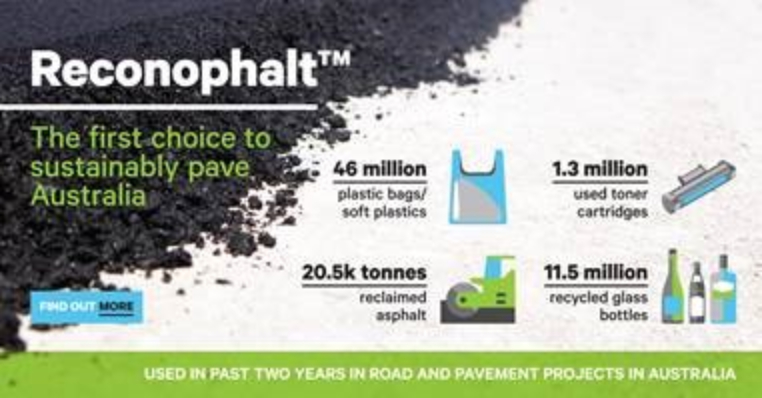トピックス Topics
Tackling resource depletion and creating jobs through circular economy
2021.11.09Topics

The hallmark of traditional farming practices in areas around Kyushu U’s Ito Campus, a region known for extraordinarily delicious local vegetables and fish, is the circularity of production activities: hardly anything goes wasted but garden "waste" is secured as compost to be used in the next planting season.
Researchers from around the world are now focusing on how to expand such circular activities to other industries to help meet sustainability goals through a “circular economy.”
“A circular economy is about optimization of resources, not waste management,” says Scott Valentine, Professor and Director of Research Promotion at the Kyushu U Institute for Asian and Oceanian Studies (Q-AOS) and chair of the Australian Circular Economy Hub Advisory Board.
When Valentine and his team talk about a circular economy, they are talking about comprehensive optimization of how resources are used. First and foremost is applying technology and innovative thinking to reduce resource usage altogether. Next come strategies for re-tasking or re-using products that have come into disuse.

For Valentine and his team, a circular economy embraces design for disassembly, repair businesses of all types and sharing of idle resources. In the circular economy, the bottle of water you purchased at the store might wind up as the synthetic fiber of a sweater down the road. A circular economy is an economy that is far more sustainable than the linear take, use, dispose mindset that we have become accustomed to.
Valentine organized a full-day international seminar, entitled “The Rise of Circular Economy,” on October 25 as part of Kyushu U Asia Week 2021. The seminar introduced good circular economic practices from Australia, Denmark, and the Netherlands and included a panel discussion on lessons that Japan can take from oversea experiences in circular economies.

In the event’s panel discussion, Shigemoto Kajihara, President of Japan Waste Research Foundation, called for a "common yardstick," or metrics and targets, to measure the achievements in circular economies by governments and companies, such as the ones used in meeting climate change targets. Dr. Niven Huang, Head of Sustainability in the Asia Pacific Network of Science and Technology Centres (ASPAC) proposed a Circular Electronic Partnership between Japan, Taiwan and beyond.
To learn more about the outcomes of this international seminar, please visit the Kyushu U Q-AOS website.































